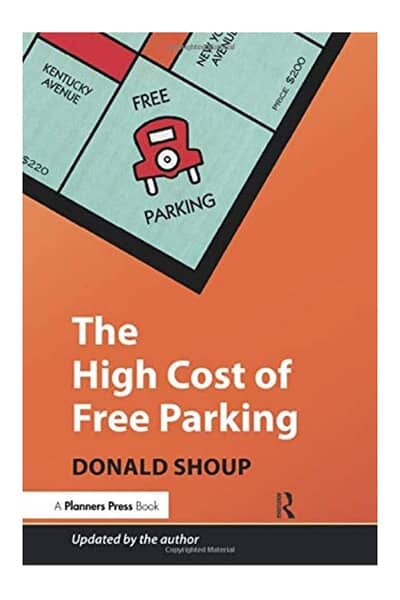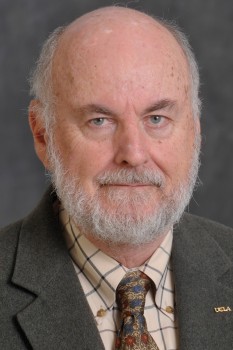


Reddit meter
The High Cost of Free Parking
800 pages, 2011
economics & politics
987 booksAmerican drivers park for free on nearly ninety-nine percent of their car trips, and cities require developers to provide ample off-street parking for every new building. The resulting cost? Today we see sprawling cities that are better suited to cars than people and a nationwide fleet of motor vehicles that consume one-eighth of the world's total oil production.
Donald Shoup contends in The High Cost of Free Parking that parking is sorely misunderstood and mismanaged by planners, architects, and politicians. He proposes new ways for cities to regulate parking so that Americans can stop paying for free parking's hidden costs.
In The High Cost of Free Parking, Donald Shoup explores the true cost of free parking. He argues that free parking isn't really free. Instead, it's paid for by everyone, including those who don't own a car. This means that we're all subsidizing car ownership, which leads to more traffic, pollution, and urban sprawl.
Shoup digs into how free parking affects urban planning. He finds that cities are designed around cars, not people. This leads to vast amounts of space being wasted on parking lots that could be used for parks, housing, or other community needs. It's a wake-up call to rethink how we design our cities.
Shoup suggests a solution to the parking problem: charge for it. He believes that if people had to pay for parking, they'd be more likely to use public transportation, walk, or bike. This would reduce traffic, pollution, and make our cities more livable.
The High Cost of Free Parking also looks into the role of government in parking policies. Shoup argues that government regulations often require too much parking, leading to an oversupply. He suggests that governments should let the market decide how much parking is needed.
Finally, Shoup researches the economic impact of free parking. He finds that it's a huge drain on our economy. The money spent on maintaining parking lots could be used for other things, like improving public transportation or building affordable housing. It's a compelling argument for why we need to change our parking policies.






